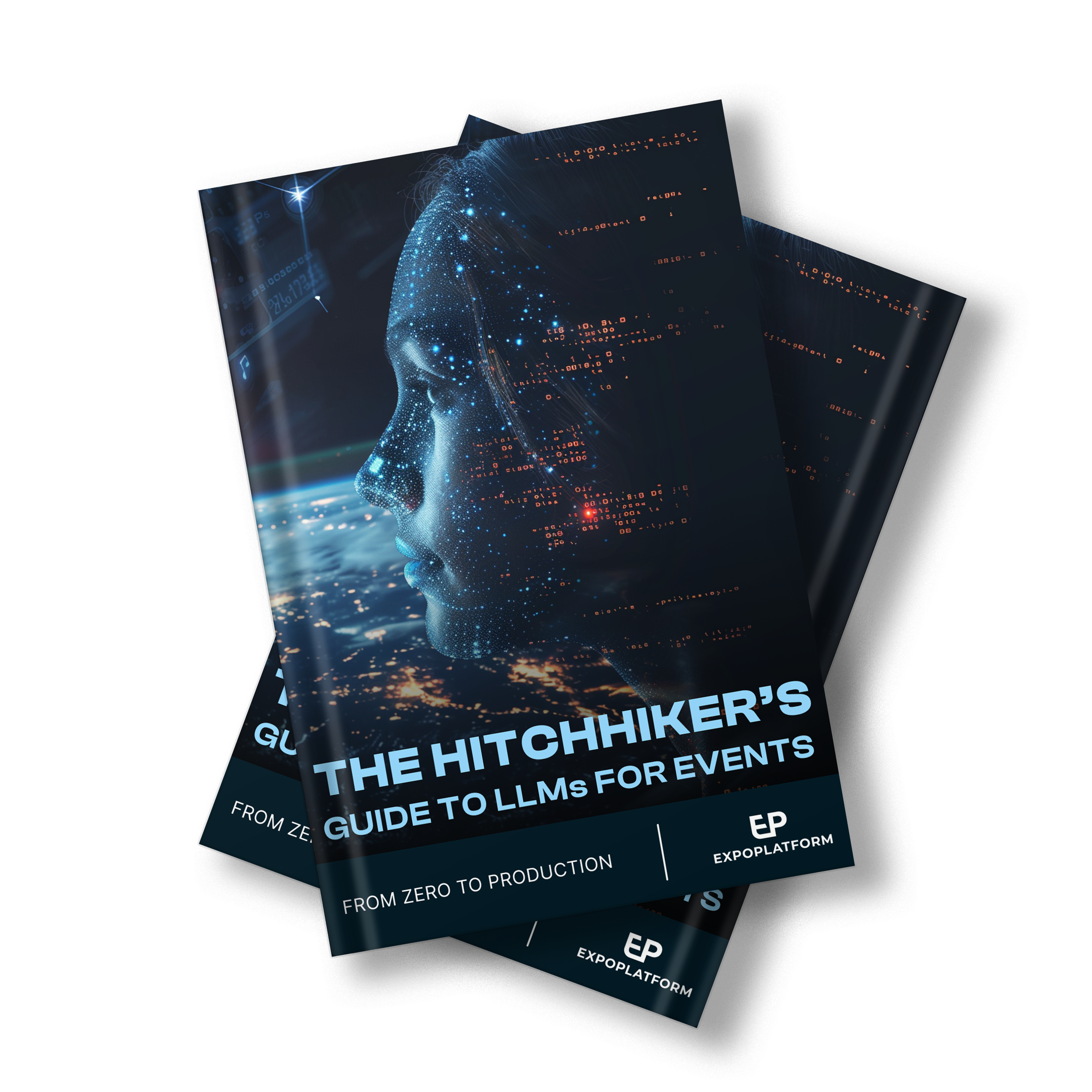
Tech tools you should use to build an online event community
If there’s one crucial lesson organisers have learnt from the last year, it’s that depending on just one event for your business and marketing strategy can be fraught with risks. While online events have gained traction as an acceptable alternative, the lingering effects of the pandemic and continued uncertainty around the future have raised the need for another pivot – from standalone annual events to an ever-connected community.
This evolution becomes especially necessary for the exhibition model, where people can explore and evaluate their choices all-year-round at an online marketplace, instead of being restricted to a specific timeframe.
To build such a community and keep it active and engaged, you need event technology tools that serve your goals and fulfil the needs of buyers and sellers.
Here are some tools necessary for providing a seamless community experience 365 days of the year:
Interactive website and virtual platform – to host and manage your community

The first thing you will need is a virtual event platform to host your community. This platform should have features like an interactive website and integration with third-party tools, providing an online environment where members can connect hassle-free.
Creating a user-friendly, responsive SEO website with pleasing aesthetics will be a key step in bringing your community together. The website will be the central hub where buyers and sellers can interact, schedule meetings, share content, send messages, explore company catalogues and network with each other.
Online conference and meeting tools – to foster engagement

To encourage interaction between buyers and sellers any time of the year, the platform should have online conferencing and meeting functionality. This will enable them to:
- Schedule one-on-one and group meetings
- Host online sessions and conferences
- Invite members for webinars and conferences.
After confirming, these meetings would be synced to members’ personal agendas and calendars. The virtual meeting rooms would be equipped with inbuilt screen-sharing, chat, push notifications and other features to improve engagement.
AI-Matchmaking – to boost networking and connections

The bedrock of any community is the conversations and interactions among its members. But finding the right people to converse with, products to check, sessions to attend and content to consume can become overwhelming, given the infinite choices we have in the digital medium.
Cut the clutter and find relevant matches through AI-powered matchmaking. The recommendation algorithm of AI-matchmaking aligns with member preferences and changes according to their decisions, providing numerous options to expand and improve their networking.
Monetisation and sponsorship – to increase revenue

Sponsors and exhibitors are always on the hunt for new branding opportunities and an event community provides the perfect platform to maximise their brand presence throughout the year. Digital adverts and banners, sponsored listings and searches, and a data analytics dashboard that details buyer interactions, are great ways to provide measurable value to sellers in your community.
Online marketplace – includes networking profiles for exhibitors, products, services

A marketplace like Amazon offers a wide range of options for buyers and sellers to undertake commercial transactions. Similarly, an online marketplace for event communities is an important tool that creates an ‘always-available’ platform where members can:
- Network with each other to initiate business conversations
- Visit exhibitor profiles and sponsor profiles to indicate interest
- Stay updated with product launches and industry updates
Your event community will be as engaged as the networking options available to its members. While there will always be new tools and technology in the market to improve the community experience, the basic building blocks mentioned above will remain core to its long-term viability.
There's more you might like

It’s lonely at the top for event leaders – CEO of ELX
It can be “lonely at the top” for event leaders – making it crucial for senior roles to share and develop best practices, according to the new CEO of an exclusive industry community. Nicola Kastner was recently announced as chief executive officer of Event Leaders Exchange (ELX), holding extensive experience such as Global Vice President ...

ETT Club bids farewell after almost four years
The Exhibition Think Tank Club has bid a fond farewell to events industry colleagues after almost four years of collaboration. A special session was held with members from around the world who wanted to give their feedback on how the project had impacted them and their approach to business. ETT Club, as it is known, ...

How digital word of mouth can boost your event marketing
Digitized “word of mouth” event marketing can drastically boost conversion rates compared to traditional campaigns, according to an industry leader. This online referral approach sees speakers, attendees, exhibitors and influencers all take part in promoting a live show using their own social media and email platforms. Rachel Stephan, founder of Snöball, explained how this tactic ...

